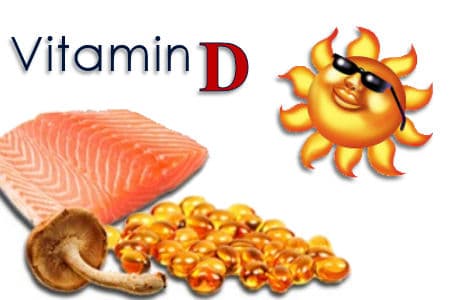The two different studies, published in two different journals, only one month apart -
1. Higher Vitamin D levels linked to the development of food allergy in the first 2 years (24 months) of life.
Maternal and newborn vitamin D status and its impact on food allergy development in the German LINA cohort studyAuthors: Weisse, K, et al.
Journal: Alllergy, 2013, Vol. 68, Issue 2, pages 220-228
2. Insufficient (Lower) Vitamin D levels linked to food allergy in infants aged 12-18 months.
Vitamin D insufficiency is associated with challenge-proven food allergy in infants
Authors: Allen, KJ, et al.
Journal: Journal of Allergy and Clinical Immunology (JACI), 2013, Published online March 1.
Is one of these studies "wrong?" Is one of them "right?" Maybe they're both "right!" It turns out that upon further analysis of past "controversies" in science, what seemingly appears to be conflicting results often reveals a very complicated process going on in the body - meaning, they both may be right! Stay tuned!
Keys to thoroughly analyzing the Vitamin D controversy will be:
1. What is Vitamin D and how does the body get it and use it?2. Are there known direct effects of Vitamin D on the cells of the immune system? If so, what are those effects? Would those effects seen on an individual cell level support the development of allergy or refute it?
3. When and how did each of these studies measure vitamin D?
4. When and how did each of these studies measure food allergy?
5. Are there previous studies on this issue? What do those studies show?
6. What about previous studies on vitamin D and other allergic disorders (e.g. eczema, asthma, etc.)?
Would you like to add any other suggestions to the list? Please feel free to comment below!
 |
| Image source: http://savingdinner.com/wp-content/uploads/vitaminD.jpg |

No comments:
Post a Comment